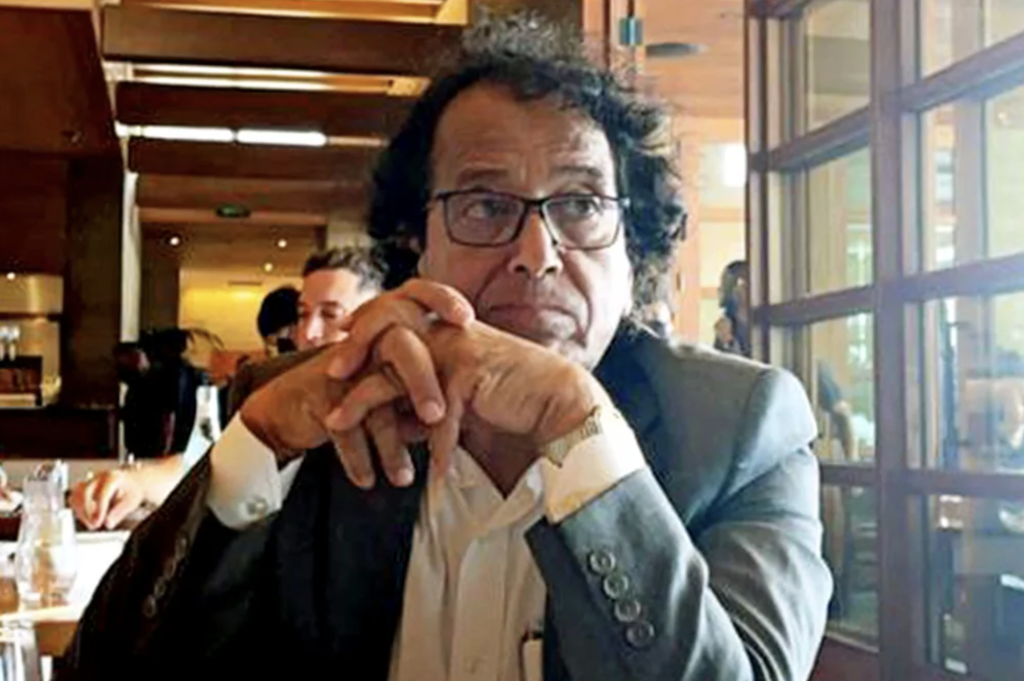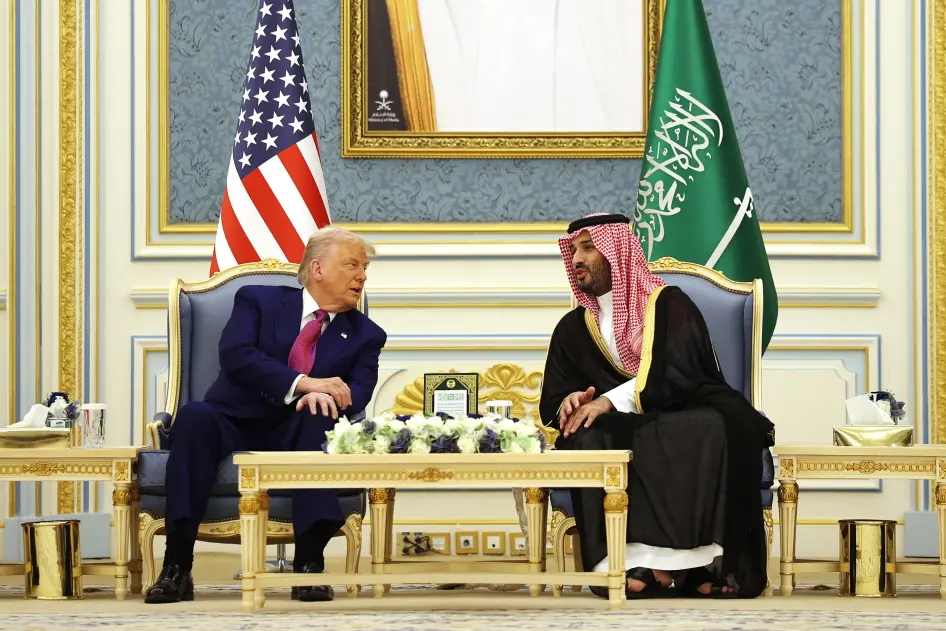For a full text copy of the brief, click here.
There are many different messages coming out of the recent events in Egypt, Tunisia, Yemen, Bahrain, and elsewhere in the Arab world. The overarching signal, however, is that truly transformational political and economic development – development that benefits citizens at all levels of society, not just those with preferential access – requires fundamental democratic and market reforms.  The current unrest is, at least in part, the expression of popular discontent with the fact that such deep structural changes have long been missing from the region and that governments have failed to deliver real, tangible benefits to their citizens. Democratic and economic reform must go hand-in-hand; political freedoms, economic opportunities, civil liberties, job creation, freedom of the press, human rights, and property rights are all closely connected.
The current unrest is, at least in part, the expression of popular discontent with the fact that such deep structural changes have long been missing from the region and that governments have failed to deliver real, tangible benefits to their citizens. Democratic and economic reform must go hand-in-hand; political freedoms, economic opportunities, civil liberties, job creation, freedom of the press, human rights, and property rights are all closely connected.
POLICY RECOMMENDATIONS
- Support political and economic development in tandem by focusing on institutional change. Protests throughout the region show that economic grievances are intrinsically linked to and rooted in issues of democracy and governance.
- Reduce economic informality by reforming the regulatory environment. Many entrepreneurs who produce legitimate goods and services are excluded from the formal economy because of burdensome regulations, excessive procedures, high tax rates, and other barriers to conducting business.
- Tackle corruption through coalition building. Companies are often portrayed as perpetrators of corruption, but on the day-to-day level, businesses, especially small companies and individual entrepreneurs, are often victims of extortion by government officials.
- Invest in youth by focusing on educational reforms and labor market regulations. The ongoing youth-led protests in the Middle East signify the importance of the rising generation. Governments can no longer avoid the difficult reforms that will allow youth to engage in their countries’ political, economic, and civic spheres.



